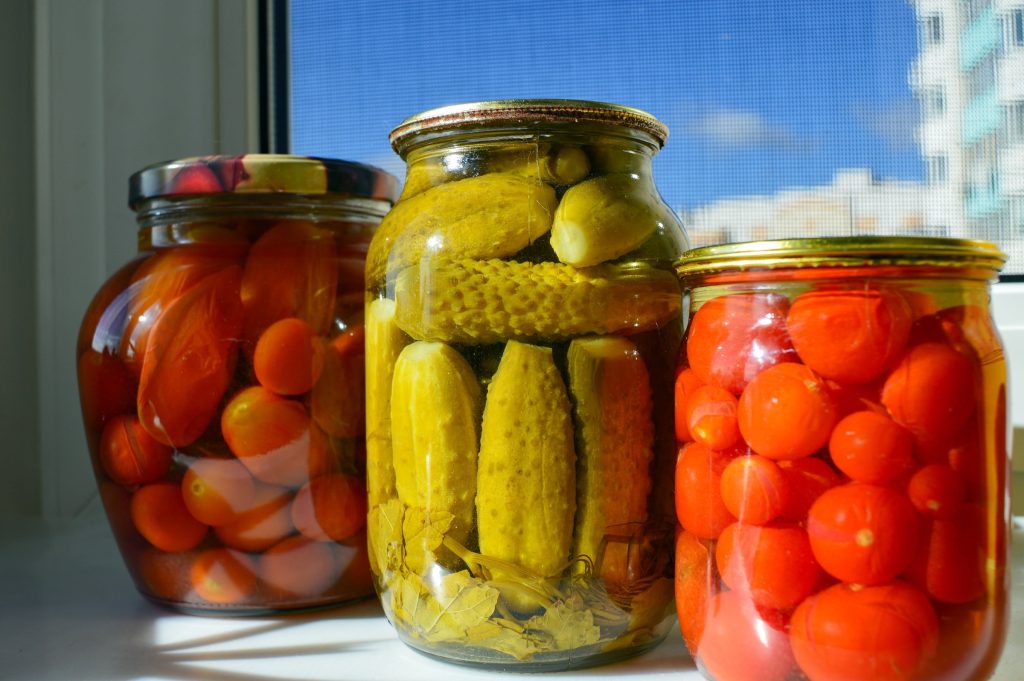Food safety code updates adopted by Hawaiʻi Department of Health
Hawaiʻi Department of Health recently updated the state’s food safety code — effective Aug. 24 — to allow sale of certain homemade foods and increasing food service flexibility for long-term care facility residents.

The code updates — which align with the 2022 U.S. Food and Drug Administration Model Food Code — are aimed at expanding opportunities for homemade food producers, and are part of Act 195 signed into law in 2024 by Gov. Josh Green.
Changes are:
- Amends the definition of “homemade food” to include pickled, fermented or acidified plant food products that must have a pH level at or below 4.2 or a water activity level at or below 0.88.
- Allows homemade food producers to sell to third parties and wholesale their products that are non-temperature controlled for safety.
The 2022 version of the Food and Drug Administration Model Food Code is the most current. It provides scientifically sound technical and legal basis for regulating the food industry.
Amendments to the state code aligning with the 2022 federal code include:
- Declaring sesame as the ninth major food allergen recognized by the federal government. All FDA requirements applicable to major food allergens, including labeling and manufacturing requirements, apply to sesame as of Jan. 1, 2023.
- Requiring permitted food establishments to inform customers in writing — such as signage, table tents, a note on menu boards or handouts — if they use any of the nine major food allergens.
- Creating requirements to allow pet dogs in outdoor dining spaces if certain provisions are followed.
The revised code also allows owners/operators of long-term care facilities serving highly susceptible populations to provide raw or undercooked foods to residents upon a request, which was previously prohibited for food establishments.
This change was adopted to allow increased flexibility for long-term care facility residents who want to consume raw or undercooked foods, such as rare steak, if the resident acknowledges the risk of foodborne illness.
Find the updated Hawaiʻi Food Safety Code online.



